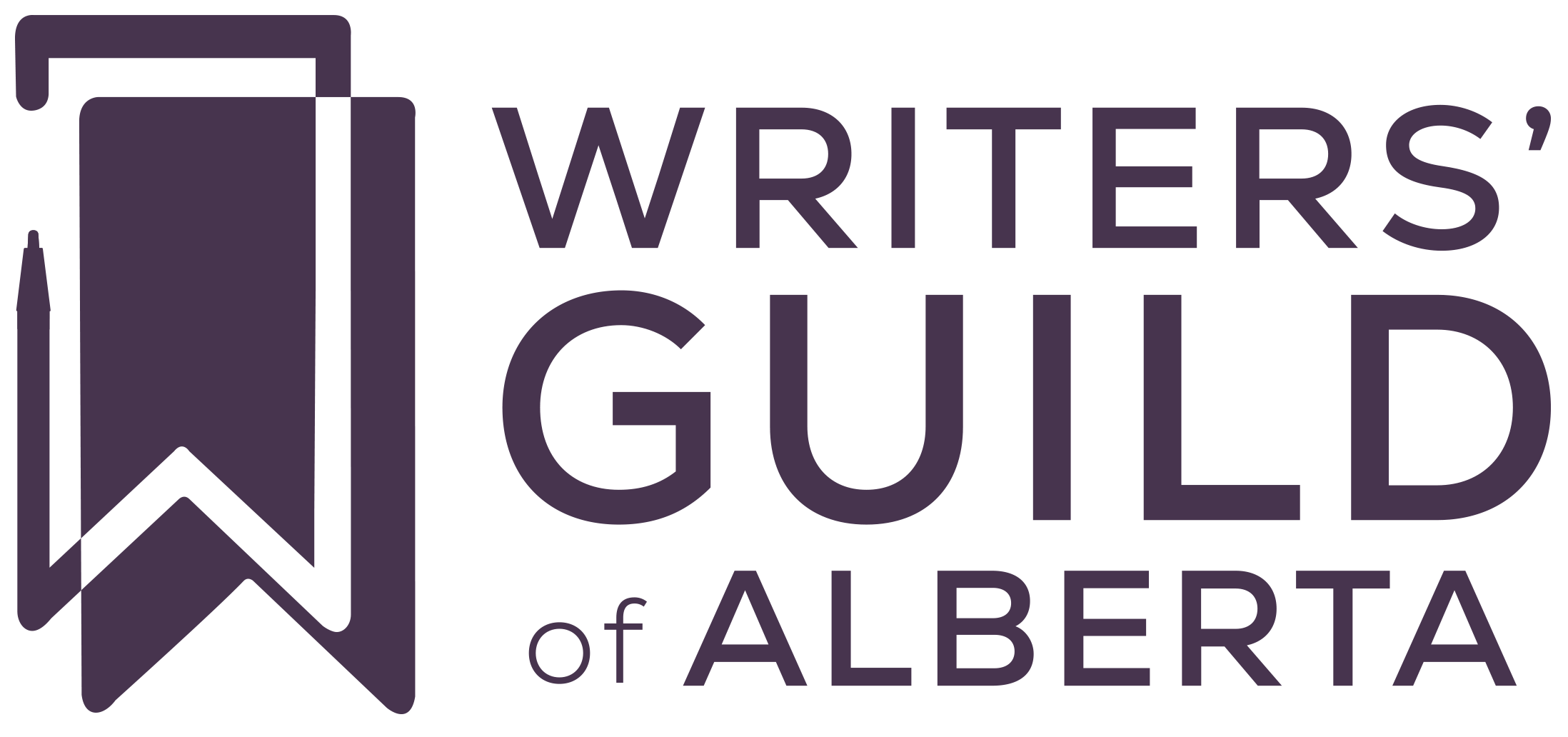CSL Blog Project: An insight on the career of a multi-talented local
Matthew Stepanic is a freelance writer, poet, and editor based out of Edmonton. He graduated from the University of Alberta with a BA Honours in English. From starting to write at a young age, to becoming a successful writer, he has earned himself a numerous amount of milestones on the pathway of his career. Examples include: being a co-founder of Glass Buffalo, a magazine him and friends created in university and continue to grow, as well, he published his first poem in 40 Below: Vol II.
Inspiration and passion of some of his writing can be seen in his collaborative novel, Project Compass (Monto Books, 2017) which takes place entirely in the city of Edmonton. The novel consists of many inspiring and abnormal literary characteristics found throughout the city.
Since I am new to Edmonton, I was curious in learning about the writing culture of the city. Therefore, observing the many accomplishments Matthew possesses, it was evident that he was my top candidate to interview.
D.L: At what age did you start writing? What inspired you to write?
“I started writing stories in elementary school when we were given free-writing time, and I’d take every story pages and pages further than I needed to, but only because I loved doing it. That was my first and main inspiration, and then after when I received positive and supportive feedback from my teachers about the stories I was writing, that really encouraged me to continue.”
D.L: What are some of the challenges you have endured throughout your writing career, and how did you overcome them?
“I think one of the biggest challenges for a full-time writer is money (i.e., having enough of it) and also finding a work-life balance, which is sometimes a bit harder as a freelance writer.
D.L: What are some of your career milestones in writing?
“The one I’m most proud of would be when I co-founded Glass Buffalo with my classmates in university, and how I’ve continued to run and grow the magazine alongside Joseph Siracky (who does amazing design work for everything). Other traditional milestones that felt really exciting include when I published my first poem in 40 Below: Vol II, when I first saw my name in the masthead of a magazine (when I worked as a copyeditor), and, travelling even further back to my university days, when I first read in front of an audience and someone came up to me after to tell me how much they liked my story.”
“The less traditional milestones include having my short fiction on a coffee sleeve and my poetry in a short story machine at the Edmonton International Airport. (Both of these are thanks to the incredible Jason Lee Norman.) As media and the role of the writer change, I think it’s important to celebrate the stranger places your work will go, because writing is not all about having your name on the cover of a book.”
D.L: If you could give your younger-self some life advice, what would it be?
“I think it would be to share more of my writing sooner and to feel less anxious about doing so. I used to be so nervous handing in assignments in any of my creative writing classes and even when I first started working as a writer for a publishing company. I think it’s important to remember that although you’re sharing something potentially very personal to you, it’s always the work that’s being critiqued and not the writer. I realize now that you can only grow as a writer by sharing that control over your work and asking people to read it and offer their feedback.”
D.L: Are there any specific places/things in Edmonton that have inspired some of your writing?
“My story in the collaborative novel Project Compass (Monto Books, 2017) takes place entirely in the city and was heavily inspired by the neighbourhoods on the east side that I used to live in and frequent in university. Edmonton has a lot of inspiring and strange literary characteristics to it that feel like they could only exist in a novel, such as the corpse flower in the Muttart. In the future, I want to explore more of the city’s queer history in my poetry.”
Matthew’s interview responses have helped give me insight on his successful writing career in the scene of Edmonton. He helped me realize that it’s not the amount of money he earns that makes him happy, but more so it’s about his passion, thought, and diversity that helps him overcome his writing challenges. I now realize that criticism and feedback is something that is essential in order to help me become a better writer overall. Because of this, I feel that I am now less anxious and I am a lot more confident in sharing my writing.
